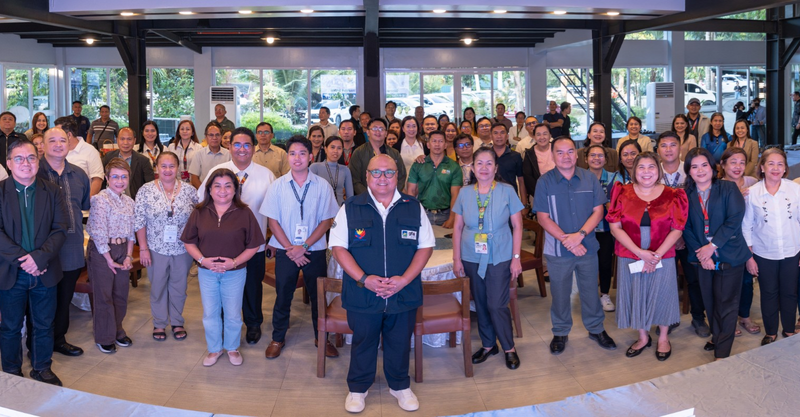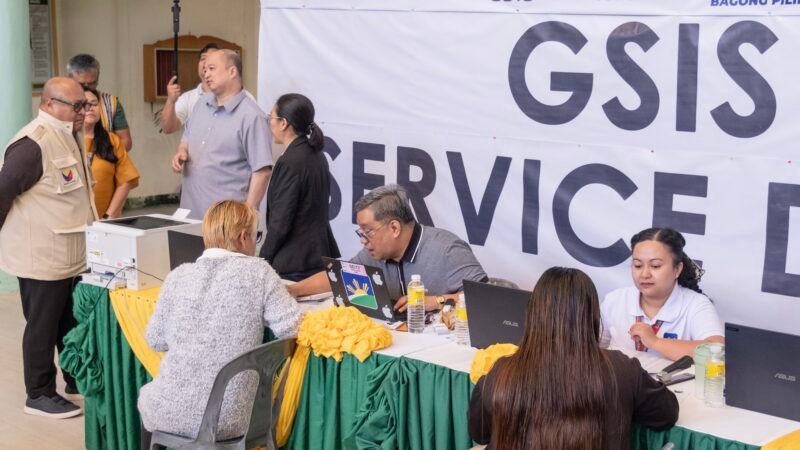Visayas LGUs join government and NGO climate advocates in demanding climate justice
Ahead of the UN climate talks in November, local government executives in the Visayas called on decision-makers and stakeholders attending the 27th Conference of Parties (COP 27) to listen to the demands of impacted people and communities and make destructive corporations pay for the loss and damage dealt to vulnerable communities in the Philippines and across the globe.
The call was at the policy forum “The Climate Change Imperative!” in Bohol early this week. The event—co-organized by Greenpeace Philippines, the Climate Change Commission, and the office of Bohol 1st District Representative Edgar Chatto—served as a venue to present appropriate policy instruments, and discuss gaps, as well as necessary interventions in addressing the concerns associated with climate catastrophe and climate injustice. The discussion includes LGU guidance on the People’s Survival Fund, the National Inquiry on Climate Change (NICC) recommendations, and the proposal for loss and damage legislation.
“Visayas Mayors are taking a stand against carbon majors,” said Greenpeace campaigner Virginia Benosa-Llorin. “LGUs and the communities they are mandated to protect bear the worst brunt of the climate crisis, whether from extreme typhoons or slow onset impacts like sea level rise. In many cities and municipalities in the Visayas, the climate crisis is a real and pressing concern, especially during typhoon season. It’s only right that they demand accountability and action from the world’s biggest carbon polluters.”
“Non-government organizations (NGOs) and government units must have strong relationships so that they can better understand their critical role in addressing intersectionalities of climate change, its impacts, and how climate justice must be attained,” she added.
Rep. Chatto stressed the crucial role of local governments in addressing the climate crisis, which is why they must be kept informed on the technicalities of climate policies that can enhance climate change adaptation and mitigation in their respective localities.
“When we destroy (the) Earth, the Earth destroys us; that is why the role of LGUs is important in addressing climate change, and it is also a collective responsibility of all sectors of society,” Rep. Chatto said. “They should understand what the climate emergency and crisis are about, as well as mitigation, legislation, and demands for loss and damage — these are the things our local governments should know by heart and be able to share with their constituents.”
He added: “Adaptation, mitigation and loss & damage — the third pillar of the thrust toward addressing climate change — is essential. We hope that climate justice will be successfully discussed at COP27. The developed nations, the biggest contributors to carbon emissions, must pay back the countries vulnerable to climate change.”



